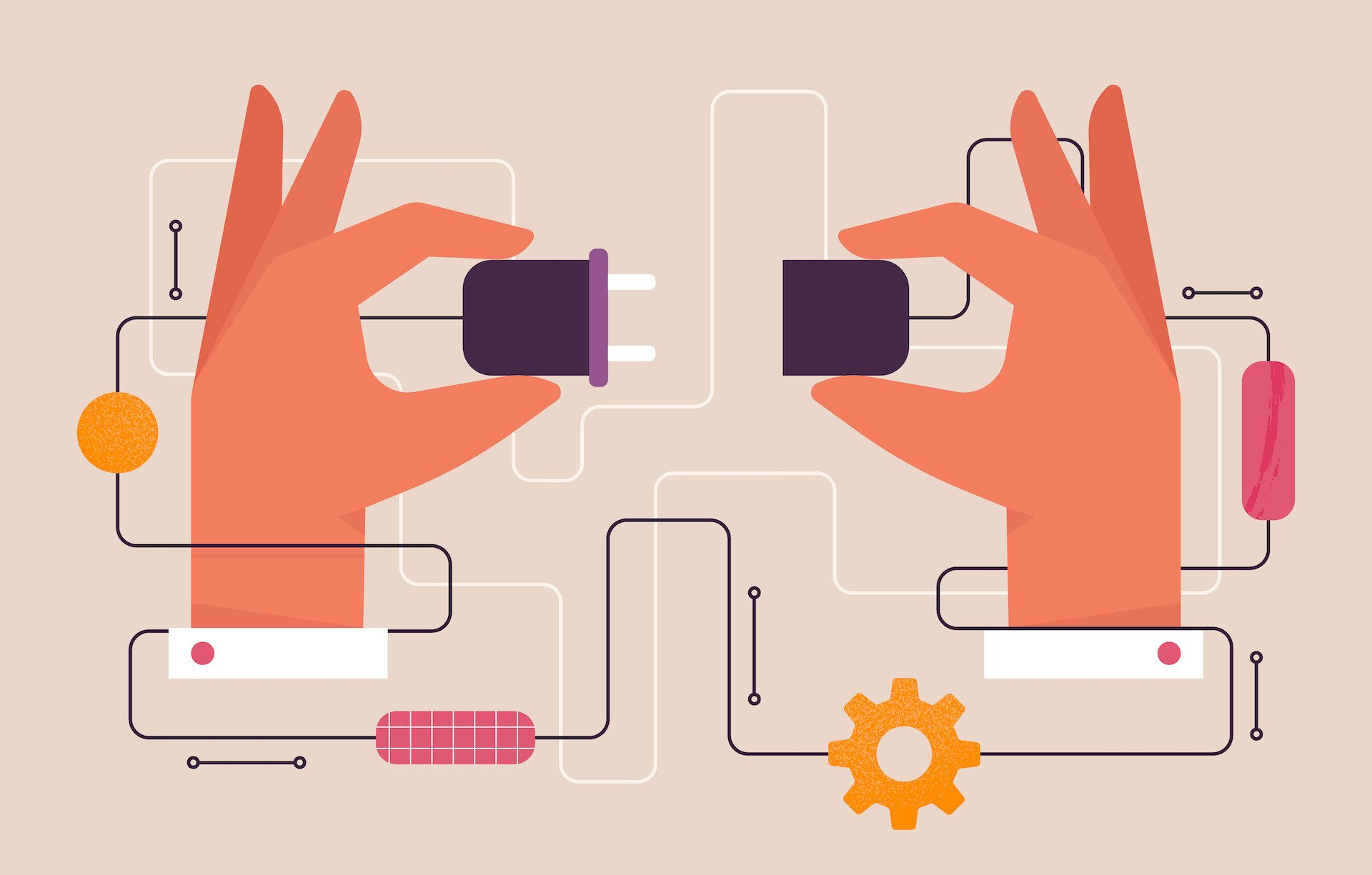eCommerce TCO: How To Calculate When Evaluating Platforms
You need to consider the total cost of ownership (TCO) to make an informed choice when it comes to an eCommerce platform for your business.

Technology is defining the future of eCommerce. It’s giving consumers new ways to shop and providing stores with new sales and advertising methods. Innovative tools and ideas are changing the way many retailers do business. Companies who want to stay ahead of their competitors need to learn new techniques and adapt to changing markets. Here are some of the top emerging technologies that could influence the future of eCommerce.

Amazon introduced one-click technology back in 2000, but the patents have only recently run out. Your company can now benefit from this convenient software without having to pay licensing fees. Your customers won’t have to spend time entering credit card information, address, and other data before checking out. Instead, with one-click checkout, they just have to click on the “Buy Now” button. Magento Commerce already uses this technology, as do many other providers that will be important in the future of eCommerce.
Easy purchase options are also appearing on social media platforms like Twitter, Instagram, Pinterest, and Facebook. Pinterest’s “rich pins” feature lets retailers integrate their sites completely. Any change on the product’s site is automatically synchronized with its pin. Clicking on the pin takes shoppers to the webpage, optimizing the platform to convert them into buyers. On Instagram, users can go directly from a picture to a product page on another site. This makes it easier for celebrities and social media influencers to encourage even more clicks and eventual purchases.
Smart assistants like Apple’s Siri and Amazon’s Alexa can help homeowners with a variety of tasks. They can tell a voice-activated assistant to play their favorite song or give them the latest news about their favorite sports team. It can also adjust their HVAC system, turn off the lights to save energy, remind them about their next doctor’s appointment, or set a timer. Many people use this technology to entertain their kids and help them learn interesting facts.
Most voice-activated assistants are connected wirelessly to the internet, which means they can find information on almost anything. They can get to know a user’s preferences over time, just like a human assistant. As the technology improves and the artificial intelligence behind these assistants gets better, they will become more common, more reliable, and less expensive.
Soon, homeowners will be able to tell their voice-activated assistant to order more of whatever they need online whenever they run out of cleaning supplies, food, or other items. It will remember what website they visited to purchase the item, along with their financial information, and then return to that site to buy more. Consumers won’t have to spend time finding the best deal because their voice-activated assistant will do it for them.
Beacons will play a large role in the future of eCommerce. A beacon is a small transmitter that’s equipped with Bluetooth Low Energy or BLE technology. Many smartphones and tablets can work with beacon technology to deliver or receive wireless, proximity-based, contextually appropriate messages.
When a customer walks into a store, a beacon can send them a personalized note to encourage them to download the business’s app or tell them about the latest promotions. It can send a link to a website or a video when someone walks by a poster, like a digital call to action for a physical ad. It can also use data from physical interactions to send targeted promotions. You can use a beacon to ask customers if they need help and let them summon a salesperson.
Businesses can keep track of when customers visit and how long they spend in each section by tracking the beacons in their phones. This makes it easy to find out which customers buy the most and which promotions work best. While customers are waiting in line, a beacon can ask them if they want to pay with their phones and skip the line instead of paying with their wallets. If merchandise is out of stock, customers can be prompted to order it online and have it delivered to their homes instead.
Augmented reality or AR technology will become more and more prevalent as phones and computers become more powerful. Some interior design sites already allow visitors to take virtual tours of their newly decorated homes. Many auto retailers can give shoppers a 360-degree view of the interior and exterior of the vehicle they’re interested in buying.
Soon, virtual reality headsets will be part of the future of eCommerce business. While customers are shopping online, they could try on accurate virtual versions of the clothing they’re interested in. Many sites will even remember a customer’s size and measurements. That way, customers won’t have to return as many items, and businesses can keep their costs down. Augmented reality could even reduce the numbers of physical stores that businesses need.
Chatbots have been around for decades, but they’re becoming more and more useful for everyday customers. Strong AI systems, including deep learning, neural nets, and systems with human trainers, are helping chatbots sound more like real people than like annoying machines. Processing speed has increased considerably, and chatbots can respond to a variety of contexts and requests. This technology helps businesses answer customers’ questions online. It also prevents dropped phone calls, long wait times, and lost tempers. It reduces the number of employees needed to chat online or talk to customers on the phone in call centers.
In the near future, eCommerce will become the favored method for most transactions. Consumers can already buy and finance cars and other large purchases completely online, along with gifts and household supplies. Although launching an eCommerce business is a challenging task, you can find lots of resources to help you learn more about new eCommerce technologies. IronPlane offers Magento eCommerce software with creative solutions to many of your company’s problems. Contact us for help accomplishing your business’ goals. We’re a full-service Magento agency, and our developers are Magento-certified.

You need to consider the total cost of ownership (TCO) to make an informed choice when it comes to an eCommerce platform for your business.

Enhance your eCommerce store with integrations — this guide covers everything you need to know about integrating tools to optimize for success.

Whether you're new to eCommerce or ready to take your business to the next level, investing in the right eCommerce marketing solutions is essential.